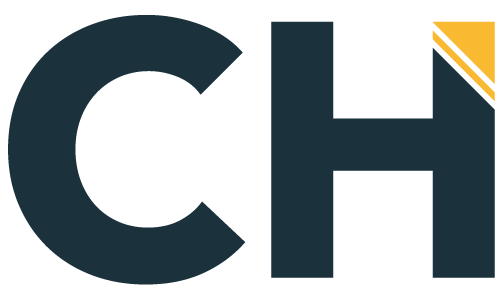It’s been my experience that, as a group, contact center leaders are hyper-focused on the growth of their businesses, whether adopting new tech or launching additional services. As an entrepreneur myself, I can relate. We thrive on thinking about what’s next and where we’re heading. The realization of this growth usually requires hiring additional talent. During the Great Recession, many companies turned to outsourcing for their workforce need, especially where money could be saved. Today, insourcing is making a come-back. But determining which solution is right for your business and project can be difficult.
We are currently working with a number of companies across many verticals to help them choose whether to insource or outsource contact center operations. Our standard Operational Assessment and Optimization work includes financial benefits, detailed cost modeling and budgeting assistance on in-house and outsourcing models. This decision involves many factors, with pros and cons for each option.
Simpler Onboarding Process = Outsourcing
With outsourced workers, you don’t have to manage training and benefits, or account for sick leave, deliver performance reviews, or provide raises based on an in-house contract. Outsource employees are on a simple contract agreement, which means simplified processes and reduced responsibilities for the HR department.
Control of People/Process = Insourcing
The most common downfall of outsourcing is lack of control. There’s no doubt you can better manage on-site employees under your watchful eye. Outsourced workers can lose focus or become unproductive when they don’t have to be in the office at a certain time, and there isn’t a manager nearby. That said, I have found most remote workers can be kept on task – and manager concerns about accountability allayed – with the use of simple time-tracking software.
Change Management = Insourcing
I don’t have to tell you that business is rarely predictable; the occasional fire is going to require attention, and when it does, it’s easier to gather the troops if you are all located in the same building. It’s more effective to visit the desk of each team member, or meet them in the conference room, rather than wait for when outsourced employees can talk. What’s more, when you roll out changes like new software or processes, you’re more likely to get buy-in from employees working on-site than from outsourced personnel who can be disconnected.
More Flexibility and Scalability = Outsourcing
Outsourcing allows projects to be posted – and positions filled – more quickly. Perhaps more importantly for the contact center space, things like call spikes and surges can be managed much more effectively through outsourcing. This also holds true for other project changes like revised deliverables, timelines and payment schedules.
Access to Instant Expertise = Outsourcing
Outsourcing provides you with talent from all areas of your business, from WFM and operations, to QA, training and more. Plus, outsourced expertise costs less than having in-house employees, which means you can receive high quality work more quickly and cost-effectively.
Personal Touch and Trusted Brand Ambassadors = Insourcing
Because in-house employees are more connected to the day-to-day operations, mission and culture of your business, they are more likely to promote it as a great place to work, helping you attract more talent. If you choose outsourcing, then having dedicated agents, providing logo gear and including them in company-wide events can help.
Increased Productivity = Outsourcing
Outsourcing lets you focus all resources on the activities that most directly affect your business, rather than non-core activities such as administration and back office operations. This not only increases productivity, but also better positions your business to take advantage of opportunities, be more prepared for challenge and enjoy a streamlined cash flow.
Costs = It Depends
One of the biggest advantages of outsourcing can be cost savings. Not only does outsourcing save the expense of recruiting new employees, but it also cuts in-house overhead or costs like medical services, insurance, utilities, office space, and more. That said, the cost benefit depends on many factors, including your current IT infrastructure, location access, personnel experience, etc. The current state of your company and the volume of the project will dictate ROI on in-house vs outsourcing. The bottom line is that this one can go either way, so it’s important to assess the models.
Ultimately, the outsourcing vs. insourcing decision comes down to your business’ unique situation, strengths, opportunities and goals. If you are considering which option is right for you, I invite you to contact us today for more information. CH Consulting Group can help you determine the best path to growth.
Read More:
Not Every “Expert” is An Expert: How to Choose a Consultant You Can Trust
Four Overlooked Elements of an RFP
Outsourcing and Outsource Management




